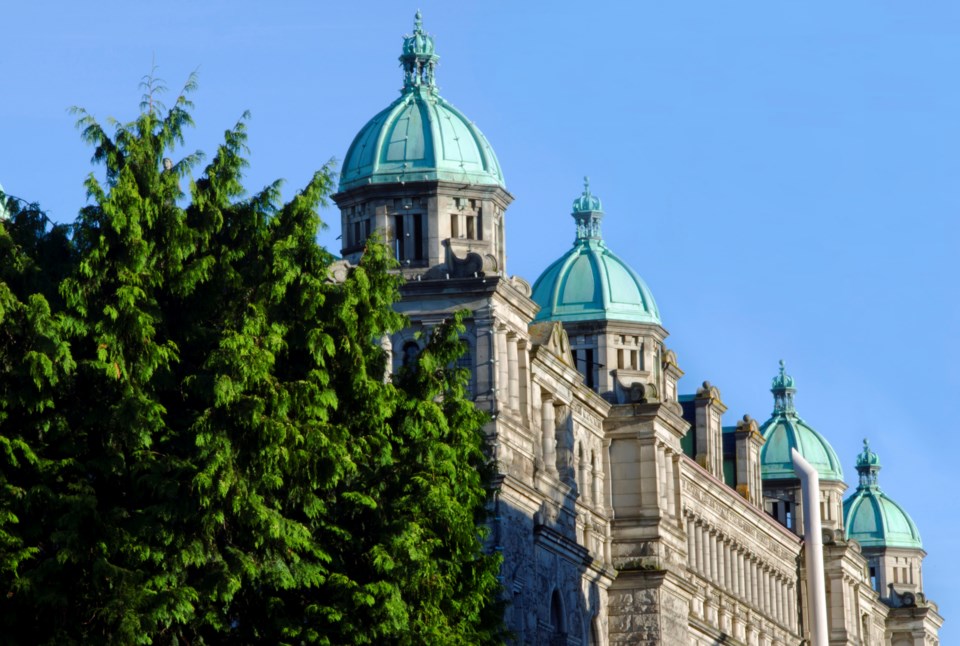The prospect of a B.C. government balancing its financial books anytime soon seems an extremely remote possibility.
Budget deficits may be here to stay for a long time and with them comes an ever-increasing provincial debt.
And it does not appear it matters which political party holds power in this province.
The release last week of the public accounts for the 2023-24 fiscal year (that is last year) reinforces the view that a budget deficit will be an annual event for quite a while.
The documents showed the B.C. NDP government finished last year with a deficit of slightly more than $5 billion. The fact there was a deficit was no surprise — last year’s budget forecast a $4.2 billion deficit — but that it ended up being $800 million higher than expected was more unexpected.
Then again, given this government’s penchant for spending big stacks of money, the higher deficit should have come as no surprise.
Last year, the government increased spending in the health care sector by a whopping $4.5 billion and boosted spending in the education sector by $1.5 billion.
Government spending in all other areas actually decreased, with one notable exception.
That exception was the budget line item of debt servicing costs, which jumped $573 million in one year.
The NDP government’s three-year fiscal plan shows it plans to increase spending by more than $3 billion over the next two years, while incurring budget deficits of $7.7 billion next year and $6.3 billion the year after that.
Then there is the debt.
When the NDP government tabled its first provincial budget in 2018 the total provincial debt was $66 billion. For the current fiscal year, it should hit about $123 billion, an increase of 86 per cent in six years.
The government’s three-year fiscal plan forecasts the debt to increase a further $43 billion over the next three years (including this one).
These are eye-popping numbers, to be sure, but don’t expect the Eby government to shy away from using them as part of the NDP’s messaging in the upcoming election campaign.
Most of that forecast debt increase results from building things, including $3.5 billion for health facilities, $2.2 billion for K-12 schools and $11 billion for transit and highways. Sounds like a campaign ad to me.
We are still waiting for the other parties to release their campaign platforms and budget plans. The B.C. United Party has promised to eliminate provincial income tax on the first $50,000 of income and the party admits that would blow a gigantic $5 billion hole in provincial revenues and doom any chance of balancing the budget in the foreseeable future.
The party insists this huge revenue loss (in addition to other cuts in taxes, like the carbon tax) would be made up from finding “efficiencies” in government spending, an absurd claim at best (as if there is $5 billion lying around the cabinet ministry offices’ couch cushions).
B.C. Conservative leader John Rustad has scoffed at B.C. United’s tax idea, and he told me no political party — including his own — can offer any realistic hope and plan for balancing the budget over the next few years.
The NDP government is clearly of the view that British Columbians are in no mood for government belt-tightening and restraint right now. It seems Rustad now shares that view, or at least doesn’t favour slashing the budget to balance the books, leaving B.C. United as the only fiscal hawks trying to woo voters.
Balanced budgets? They are so yesteryear it seems.
Keith Baldrey is chief political reporter for Global BC.



